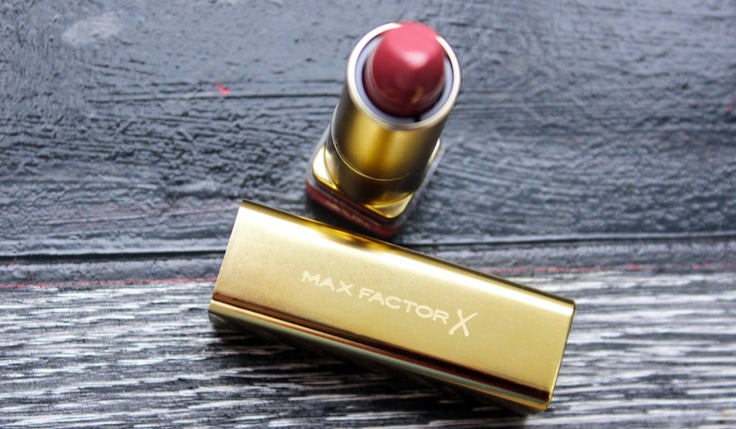Coty: Customers are ‘trading up’ despite cost of living crisis
Coty is focusing on return on investment (ROI) “more than ever” in its marketing, as it looks at the allocation of its budget, CFO Laurent Mercier has said.
 ‘Prestige’ sales have risen by 20% for Coty over the beauty giant’s 2022 financial year, as customers look to trade up on products such as fragrance, says CEO Sue Nabi.
‘Prestige’ sales have risen by 20% for Coty over the beauty giant’s 2022 financial year, as customers look to trade up on products such as fragrance, says CEO Sue Nabi.
“The beauty category is not showing any signs of slowing down, specifically when it comes to prestige,” she said, speaking with investors today (25 August).
Nabi admitted this had “surprised” Coty, the company behind brands including Rimmel London, Sally Hansen, Max Factor and a number of luxury fragrances, as the growth has come “in the middle of this inflationary pressure”. However, she said consumers are turning to premium products “more and more”.
One example of this is in how customers are switching up their fragrance purchases, with consumers moving from eau de toilette towards eau de parfum. Nabi said this is a movement that’s “confirmed and is only accelerating”.
The beauty category is not showing any signs of slowing down.
Sue Nabi, Coty
When it comes to Coty’s retailers, Nabi said even on the consumer beauty side, “it’s clearly the premiumisation part of consumer beauty that’s doing fantastically well”.
Reported sales on the whole were up 10% in Q4 to $1.2bn (£1bn), with like-for-like sales increasing 16%. Coty’s full year sales were up 15% to $5.3bn (£4.5bn), and like-for-like sales 16%.
In the fourth quarter, prestige net revenues – which account for 57% of Coty’s sales – increased by 16% compared with 2021, with revenues of $662m.8 (£561m).
Compared with prestige’s 20% growth to $3.3bn (£2.8bn) for the year, consumer beauty grew by 7% to $2bn (£1.7bn), and 8% on a like-for-like basis. The company said its doubling of travel retail sales was enabled by the brands’ category expansion, as well as its premiumisation strategy.
In the past, consumers were focused on “affordability”, Nabi added. The market today is “all about cool or desirable brands”.
Ramping up ROI
When it comes to Coty’s marketing spend, CFO Laurent Mercier said it is focusing on return on investment (ROI) “more than ever”, as it looks at the allocation of its budget. However, Mercier noted that the company has seen a “decline in the ROI KPI” across both premium and consumer brands.
Coty CFO: Ramping up marketing spend was ‘undoubtedly the right decision’
The company is therefore looking into “productivity and innovation activities” to give itself a “more balanced footprint” across its marketing.
Celebrity brands have become a “competitive part of the business”, said Nabi. Coty’s celebrity brands, such as Kylie Skin by Kylie Jenner and Kim Kardashian’s SKKN, are requiring less marketing investment, she said.
This is due to the social media presence of the brands, meaning Coty has “less need to over-invest in media”, which is a “compromise” the brand needs to find “depending on brand and innovation”.
Nabi said the fact SKKN’s bestselling product is its “complete collection”, which retails at £705 in the UK, means the brand has already generated brand trust.
“If consumers are ready to spend $575 dollars on a top of line product, it means a lot in terms of how they trust the brand and how they trust what we are doing together,” she said.
Earlier this year, Mercier said Coty’s decision to ramp up its marketing spend was “undoubtedly the right decision”. The beauty giant increased advertising and consumer promotions spend to 30% of sales in its second quarter, in a bid to support initiatives with “strong ROI” that fuel “sales growth acceleration”. By comparison, marketing spend represented 26% of sales in the first quarter.
In August last year, the business hailed its “fewer, bigger and better” brand strategy as key to its return to sales growth, as it published better than expected fourth quarter results.







